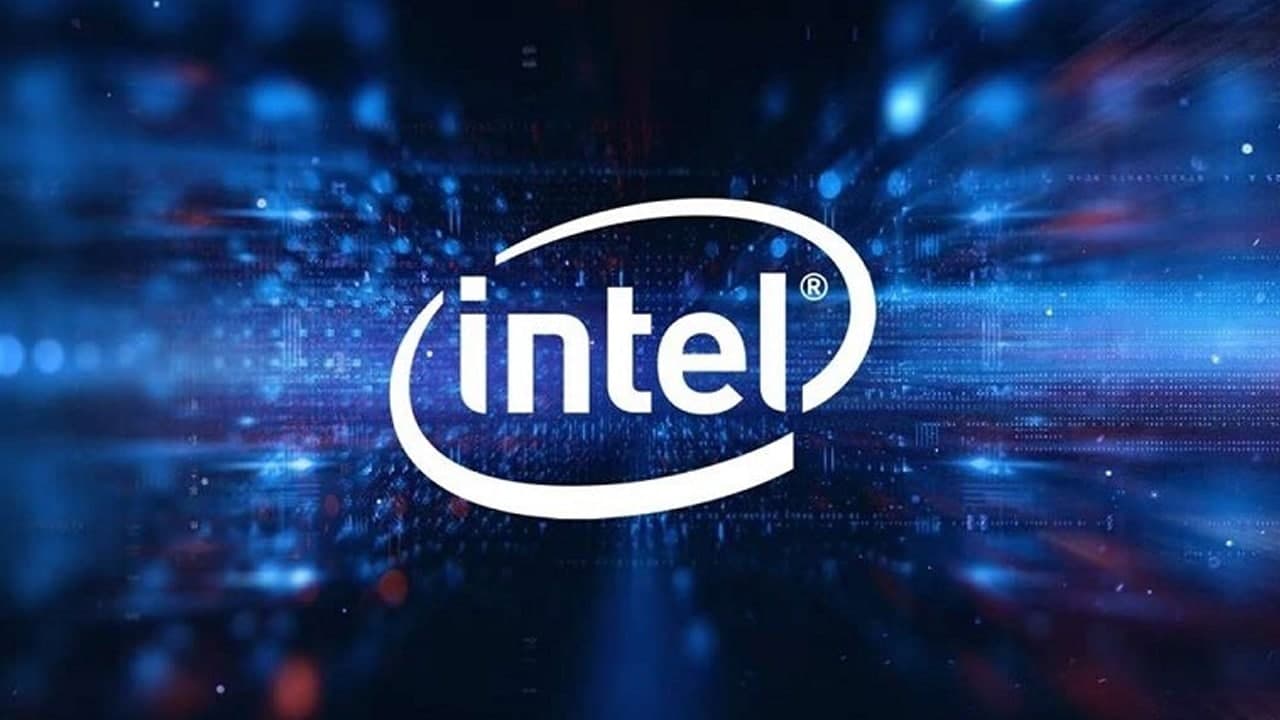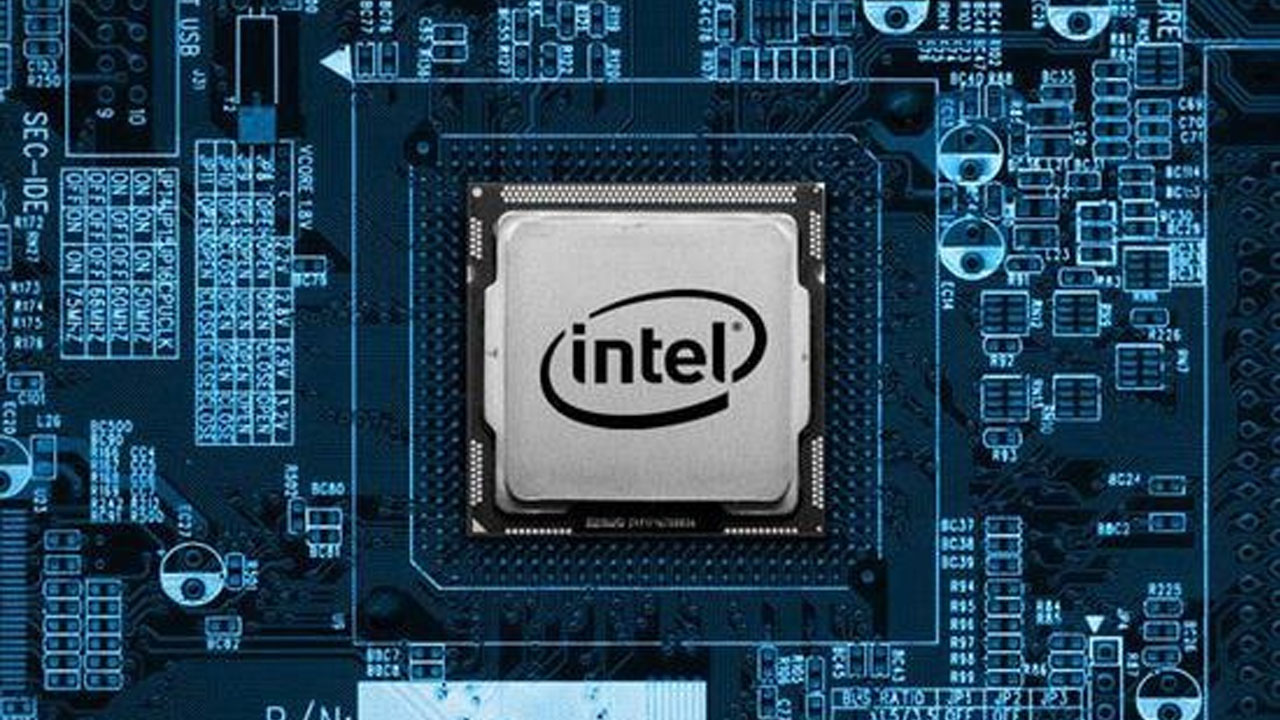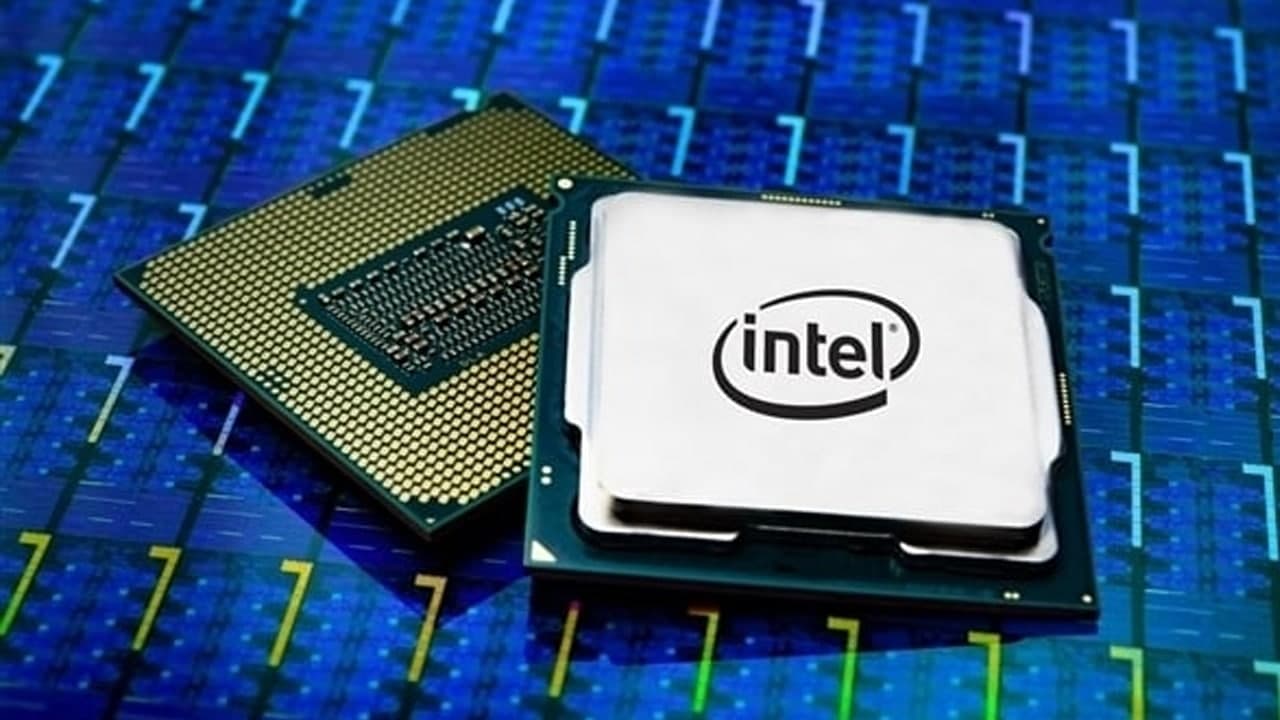According to the latest report, Intel’s IDM2.0 strategy is continuing. In addition to actively seeking TSMC’s advanced production capacity support, it has recently been revealed by the supply chain that it will further expand outsourcing.
In the chip packaging and testing supply chain, Intel’s PC chipsets, which had a high proportion of internal components, are expected to further expand outsourcing orders in the subsequent packaging and hand them over to professional packaging and testing foundries. It is also reported in the industry that Licheng Group, which cooperates closely with Intel, is the first to qualify, and the earliest clues can be seen in the second half of 2023.
Join tip3x on Telegram
Since Pat Gelsinger became Intel’s CEO, Intel has begun to change its thinking and start to develop a larger and more flexible IDM foundry business in combination with the state of the semiconductor industry. Intel calls this business model IDM 2.0, which requires Intel to manufacture most of its own products, outsource some to foundries, and manufacture chips for third-party customers.
 In addition, it was previously reported that Intel will open up soft-core and hard-core licensing of the x86 architecture, enabling customers to mix different CPU IP cores such as x86, Arm, and RISC-V in custom-designed chips made by Intel.
In addition, it was previously reported that Intel will open up soft-core and hard-core licensing of the x86 architecture, enabling customers to mix different CPU IP cores such as x86, Arm, and RISC-V in custom-designed chips made by Intel.
In this case, Intel’s own production capacity has been locked by-products such as the 12th-generation Core Duo. If you want to participate in the foundry business, you need to entrust other less important businesses, such as the chipset in the motherboard, graphics card GPU, etc.








